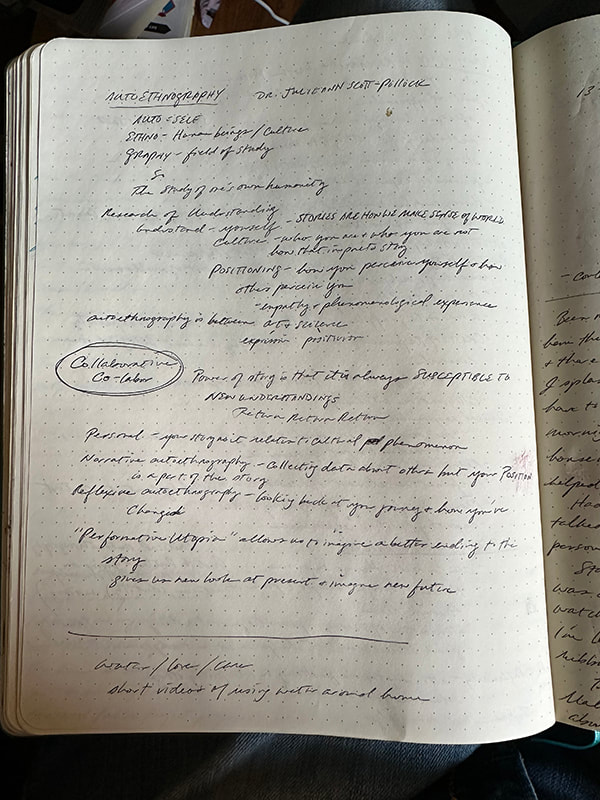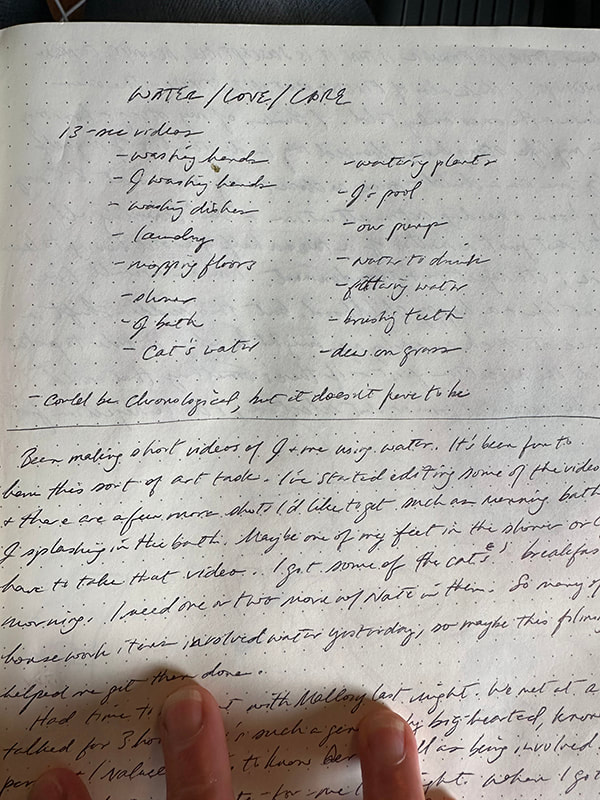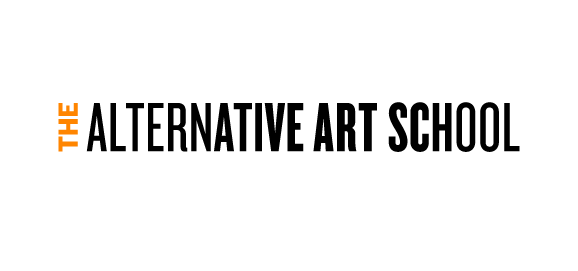water/love/care
we tend to our home
and each other, watering
our lives; may we thrive.
water/love/care (working title) began after one of the Embodying Process class sessions in which we delved into autoethnography. I’d already been making work with my daughter in various ways, and the class pre-readings/research got me thinking about a video in which Josephine and I could collaborate.I also have an affinity to water, seeing it as the precious resource it is and long thinking of it as a metaphor in my work for love. Water is political, it’s an environmental crisis, it’s also life. So for two days, Josepehine and I worked together to document all (or almost all) the times we came into contact with water in its various forms in our lives. We held the phone to capture video of each other, made decisions about how long some of the videos should be, pointed out things to one another to include, and directed scenes. The editing is also a collaboration. We are figuring out what makes the most sense for the video, trying out different methods of sequencing. Josephine wants a longer video; I want a shorter one. We both want to include all of the videos we made together.Our solution is something more complex than what I can currently do. So what is included here is a shorter version with some selected videos, created in a simpler format.This version will work well for someone interested in watching the whole video. The version Josephine and I imagine will bel onger and more suited for a setting in which it can be looping and viewers can come and go.Many thanks to the Embodying Process cohort for their technical advice, questions, and support forthis work that has helped it grow.
Artist Statement: Considering love as an organizing principle and as a methodology for living, my work investigates how we love and communicate to and about our loves. As the nature of this action is so varied and often uses language for something that is beyond language, I create installations, lens-based pieces, works on paper, and performative, participatory actions in response. Loving, while usually so intimate, is ultimately political. These works demonstrate aspects of what it is to love and how love involves trust, care, and responsibility. I see this ability as a unifying force, linking strangers despite outward differences, and really the only answer to salvaging a world we’ve set afire.



